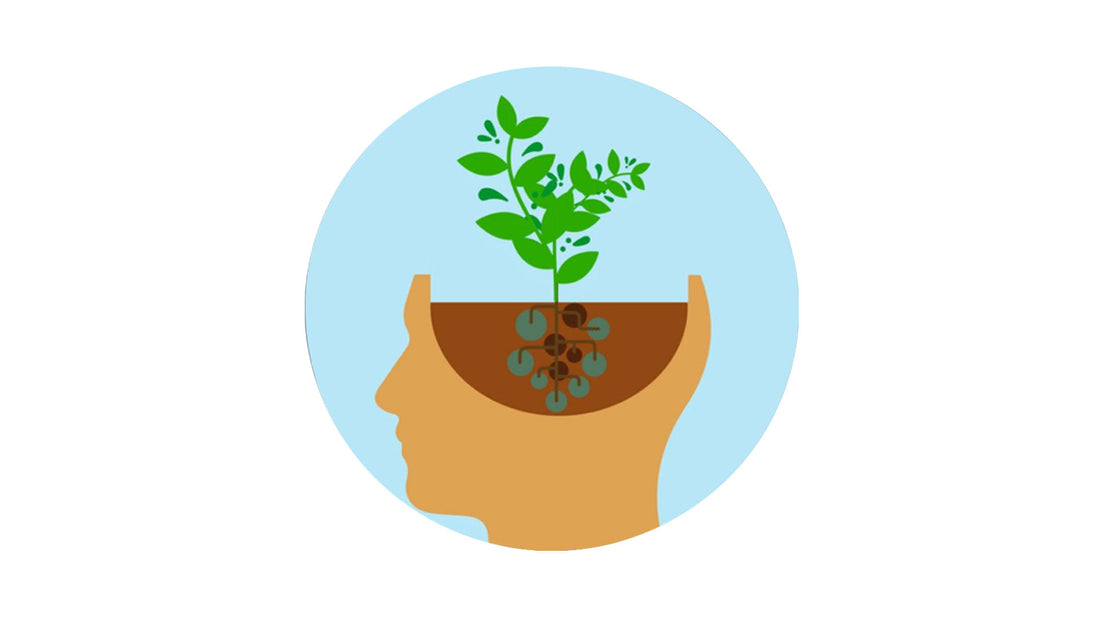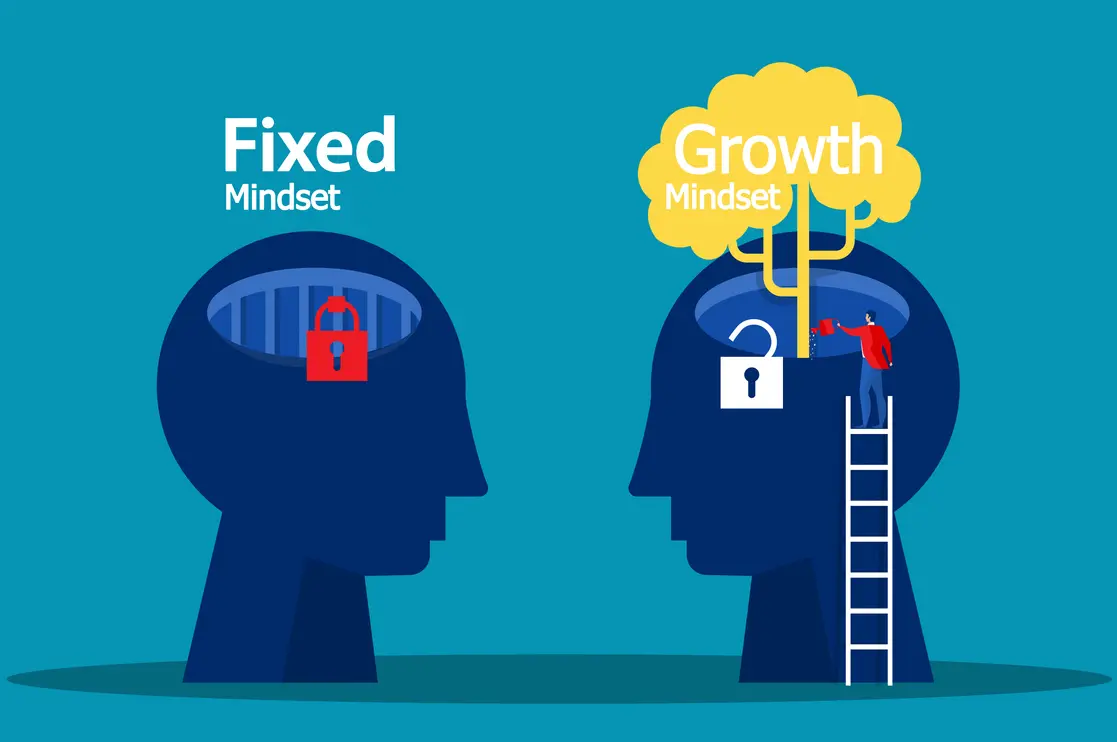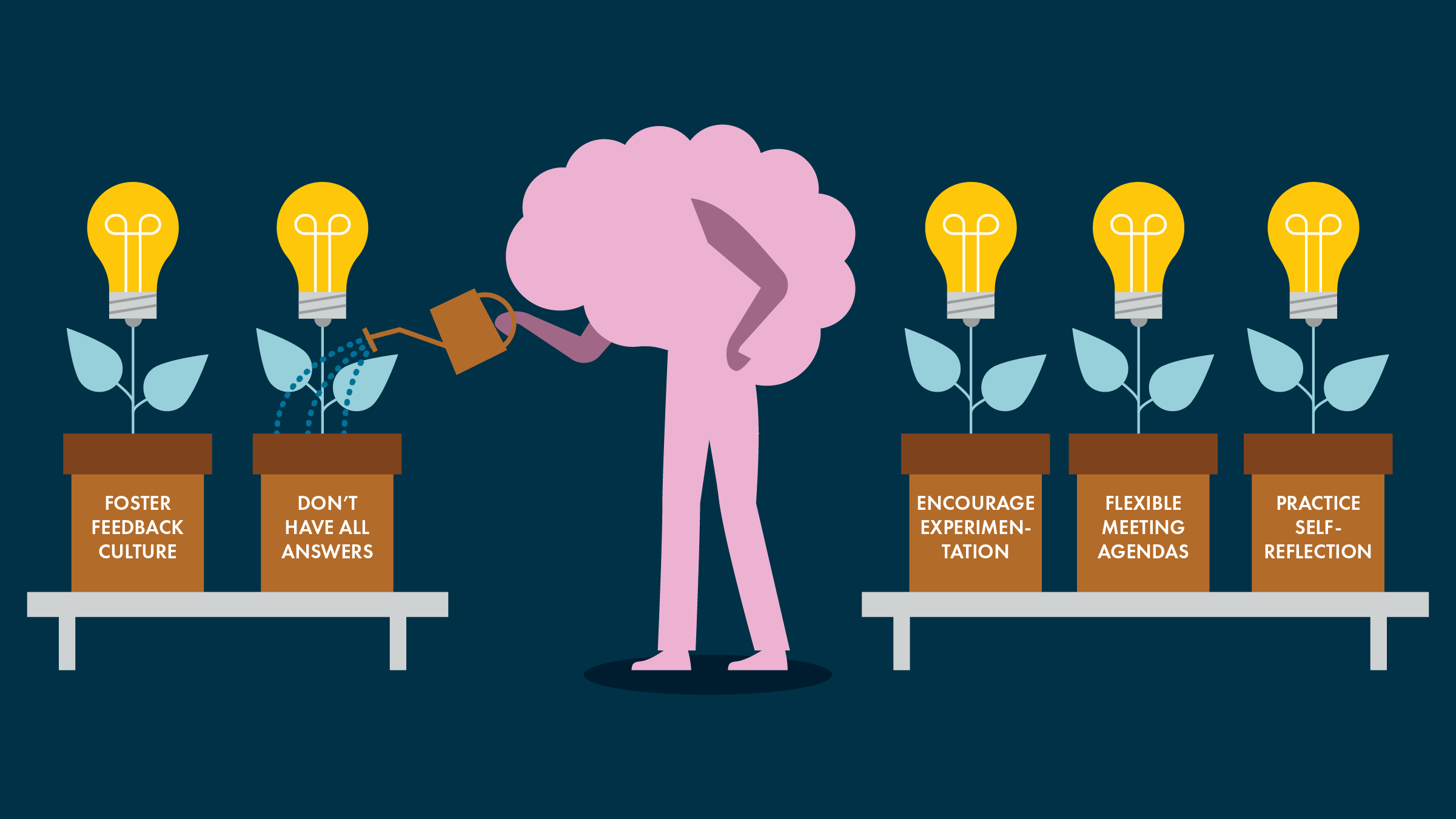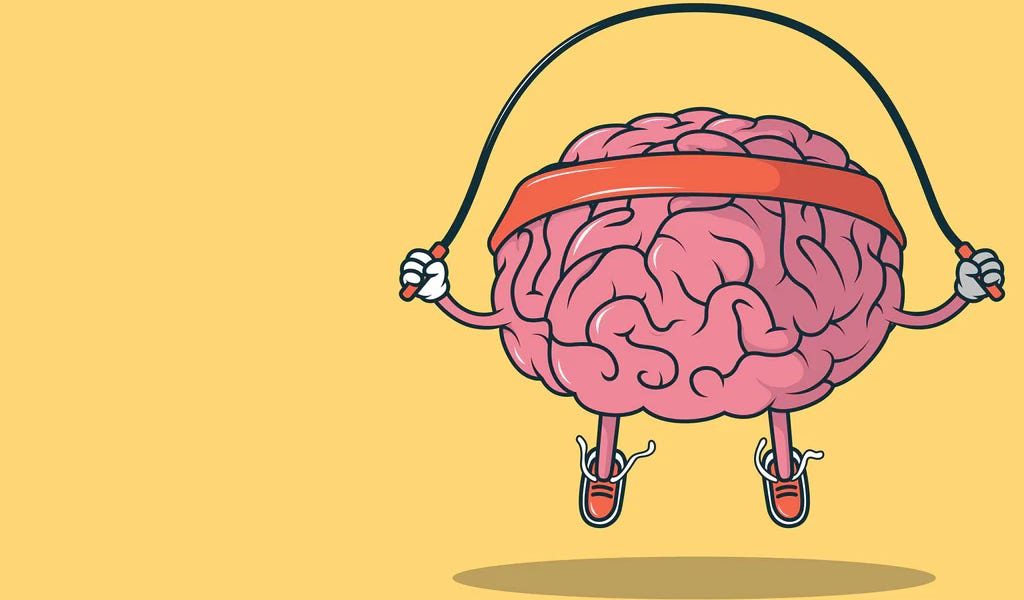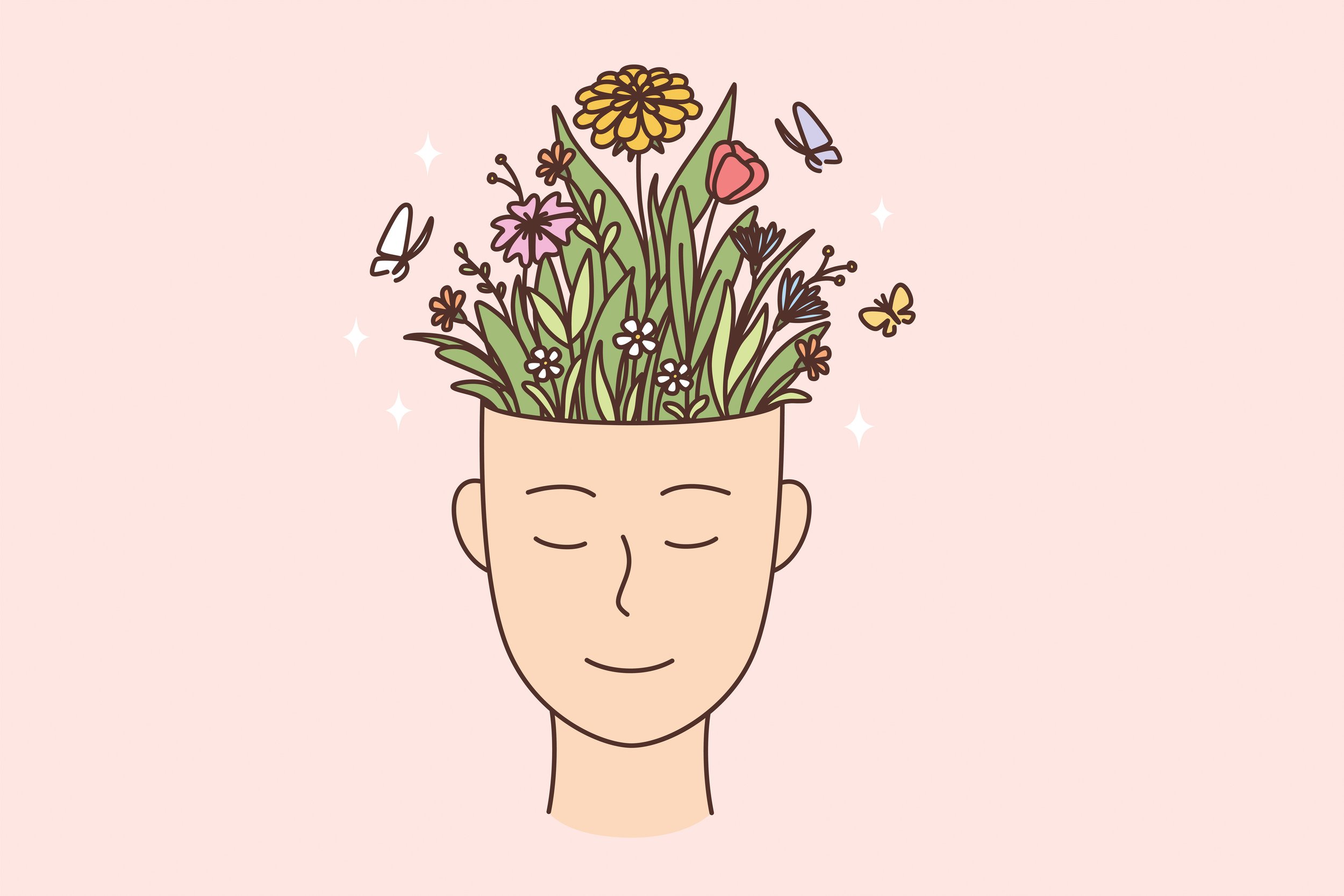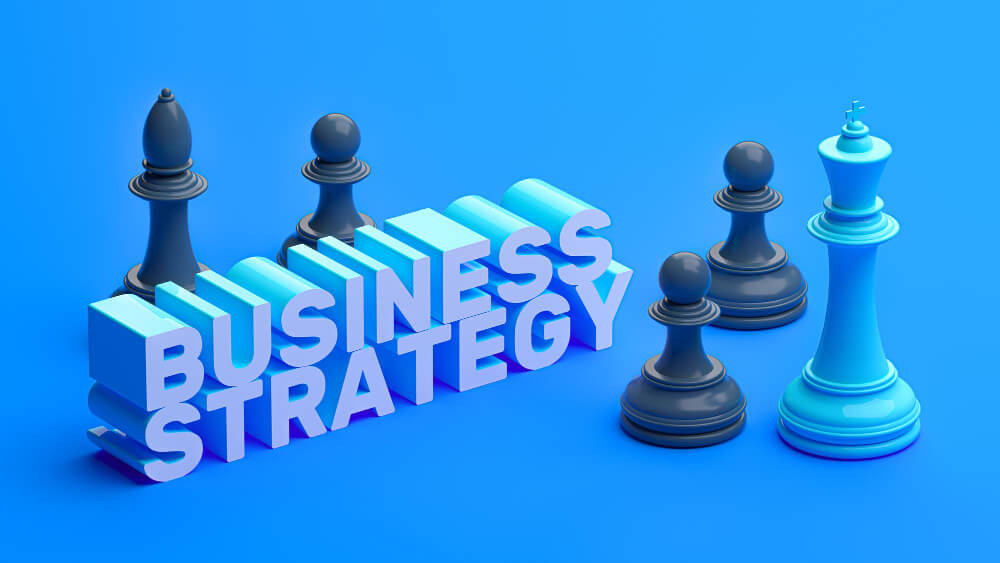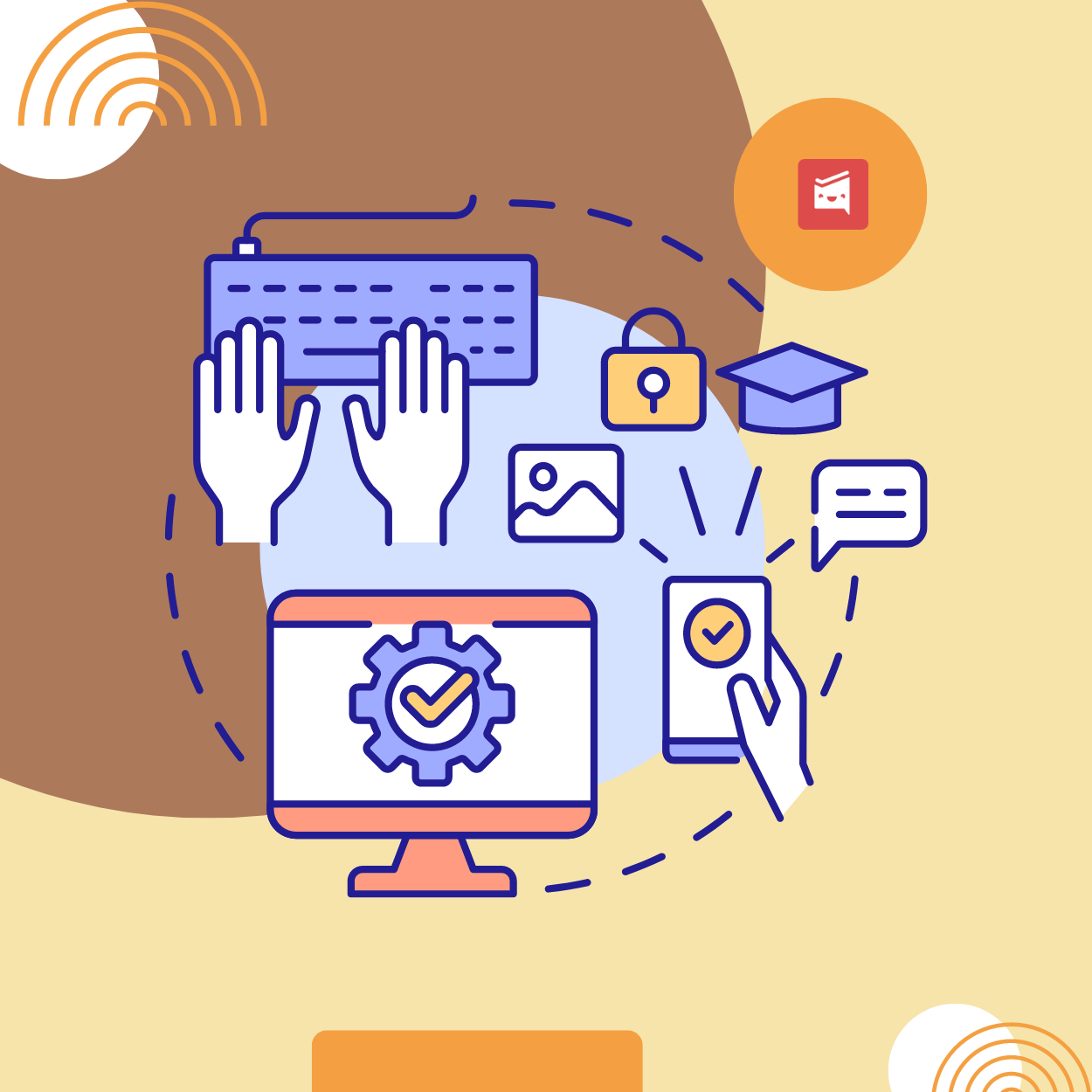Developing a Growth Mindset in Professional Settings
Transform your professional journey by cultivating a perspective that embraces challenges and values continuous learning
Understanding the Growth Mindset Framework
The concept of a growth mindset, pioneered by Stanford psychologist Dr. Carol Dweck, represents the belief that abilities can be developed through dedication and hard work. In professional settings, this mindset is a powerful catalyst for career advancement and workplace satisfaction.
Research shows that organizations with growth mindset cultures demonstrate higher employee engagement, increased innovation, and stronger team collaboration. The fundamental contrast with a fixed mindset—where abilities are seen as static traits—creates dramatically different approaches to professional challenges and opportunities.
Fixed Mindset in the Workplace
- Avoids challenges that might expose weaknesses
- Gives up easily when facing obstacles
- Sees effort as fruitless or a sign of inadequacy
- Ignores or rejects constructive feedback
- Feels threatened by colleagues' success
- Plateaus early and achieves less than potential
Growth Mindset in the Workplace
- Embraces challenges as opportunities to grow
- Persists in the face of setbacks
- Views effort as necessary for mastery
- Actively seeks and integrates feedback
- Finds inspiration in others' achievements
- Reaches higher levels of achievement
Why a Growth Mindset Matters in Professional Settings
The modern workplace demands continual adaptation and learning. A growth mindset equips professionals with the psychological tools to thrive in this environment.
1. Accelerated Skill Development
Professionals with a growth mindset invest more time in deliberate practice and skill acquisition. They approach learning with curiosity rather than judgment, allowing them to:
- Master new technologies and methodologies more quickly
- Develop cross-functional competencies
- Remain relevant in rapidly evolving industries
2. Enhanced Resilience and Adaptability
The ability to rebound from setbacks is increasingly valued in unpredictable business environments. Growth-minded professionals:
- View failures as temporary and instructive
- Adapt more readily to organizational changes
- Maintain productivity during challenging transitions
3. Improved Leadership Effectiveness
Leaders with growth mindsets create environments that foster innovation and engagement:
- Encourage reasonable risk-taking and creative solutions
- Provide developmental feedback rather than judgmental criticism
- Model continuous learning and self-improvement
4. Stronger Professional Relationships
The growth mindset fosters collaboration rather than competition:
- Value diverse perspectives and expertise
- Approach disagreements as opportunities to learn
- Support colleagues' development without insecurity
Signs Your Fixed Mindset Is Limiting Your Professional Growth
Avoiding Challenging Projects
Consistently choosing safe assignments that don't stretch your abilities or risk failure.
Defensive Response to Feedback
Interpreting constructive criticism as personal attacks rather than growth opportunities.
Feeling Threatened by Others' Success
Experiencing envy or resentment when colleagues receive recognition or advancement.
Abandoning Goals After Setbacks
Quickly giving up when initial attempts don't yield immediate success.
The Neuroscience Behind Mindset
Brain science confirms that our neural pathways strengthen with practice and effort—the biological foundation of the growth mindset.
When we encounter challenges, our brains can respond in two primary ways:
Fixed Response
Activates threat circuits, increasing stress hormones and reducing access to higher cognitive functions.
Growth Response
Engages reward circuits, releasing motivational neurotransmitters that enhance learning and problem-solving.
The Business Case for Growth Mindset
Organizations that foster growth mindsets demonstrate measurable improvements in key business metrics:
- ★ 47% higher trust among employees (Deloitte research)
- ★ 34% higher commitment to the organization
- ★ 65% stronger agreement that the company supports risk-taking
- ★ 49% lower burnout rates among employees
Practical Strategies for Developing a Growth Mindset at Work
Transforming your mindset requires deliberate practice and consistent reinforcement:
1. Reframe Challenges and Setbacks
Instead of thinking:
"I'm not good at data analysis. I should avoid projects requiring these skills."
Try thinking:
"Data analysis is challenging for me right now, but with practice and resources, I can develop this skill."
2. Embrace the Power of "Yet"
Add "yet" to statements about skills or knowledge you haven't mastered:
"I don't understand blockchain technology."
"I don't understand blockchain technology yet."
This simple linguistic shift maintains possibility and intention for growth.
3. Develop a Learning Orientation
- Set process goals alongside outcome goals
- Allocate regular time for skill development (even just 20 minutes daily)
- Track learning progress rather than just performance metrics
- Create personal learning objectives for each project
4. Cultivate Feedback Receptivity
Transform your relationship with feedback:
- Proactively seek specific feedback from diverse sources
- Separate feedback from your identity—it's about actions, not your worth
- Practice the "24-hour rule"—allow yourself time to process emotional reactions
- Follow up with clarifying questions to deepen understanding
5. Celebrate Effort and Process
Recognize progress and effort, not just achievements:
- Keep a "progress journal" documenting learning and growth
- Acknowledge colleagues' efforts and processes, not just outcomes
- Share stories of persistence rather than tales of easy success
Case Study: Growth Mindset in Action
"When our team faced a major project failure, I initially felt devastated and questioned my abilities. But instead of hiding the failure, I reframed it as a learning opportunity. I organized a thorough retrospective, documented lessons learned, and created an improvement plan. This approach not only salvaged the project but led to my promotion to lead a new innovation team. My manager later told me it was my response to failure, not my successes, that demonstrated leadership potential."
— Ahmed K., Product Development Manager at a tech company
Addressing Common Misconceptions
Misconception: Growth mindset means believing anyone can do anything
Reality: A growth mindset acknowledges that people have different starting points and natural aptitudes, but believes everyone can improve significantly through effort and strategy.
Misconception: Having a growth mindset means never feeling discouraged
Reality: Even with a growth mindset, feelings of frustration and disappointment are natural. The difference is in how quickly you recover and what meaning you assign to setbacks.
Misconception: Growth mindset is just positive thinking
Reality: Growth mindset involves realistic assessment of current abilities, honest recognition of weaknesses, and strategic planning for improvement—not just optimism.
Frequently Asked Questions
Can adults truly change their mindset after years of fixed thinking?
Research confirms that neuroplasticity continues throughout adulthood. While changing established thought patterns requires consistent effort, adults can successfully develop a growth mindset through deliberate practice and environmental support.
How can I maintain a growth mindset when facing toxic workplace culture?
This is challenging but possible. Focus on your sphere of influence, find growth-oriented allies, document your learning progress, and if necessary, consider whether the environment aligns with your professional development needs.
Should I disclose my development areas to colleagues or keep them private?
Strategic vulnerability can be powerful. Sharing growth goals with trusted colleagues can create accountability and support. However, in highly competitive environments, be selective about what and with whom you share.
How do I balance a growth mindset with realistic self-assessment?
A true growth mindset includes honest assessment of current abilities. The key difference is viewing that assessment as a starting point rather than a permanent limitation. Set ambitious but achievable stretch goals with concrete plans for reaching them.
Conclusion: The Ongoing Journey
Developing a growth mindset isn't a one-time achievement but a continuous practice. Even those with predominantly growth-oriented perspectives experience fixed-mindset triggers and reactions.
The professional benefits, however, are worth the effort. By cultivating a growth mindset, you position yourself for greater resilience, more meaningful contributions, and expanded opportunities in an ever-evolving workplace.
The most powerful aspect of the growth mindset framework is that it puts you in control of your professional development. Rather than being constrained by current limitations, you can chart a course of ongoing improvement and transformation.
As Dr. Dweck notes, "Becoming is better than being." The joy of professional life lies not just in demonstrating competence but in the continuous journey of growth and discovery.
This article was prepared by Al Mithaq Institute for Educational Services in Dubai. For more information about our professional development programs and mindset training courses, please visit www.almithaqinstitute.com or contact us at info@almithaqinstitute.com.
